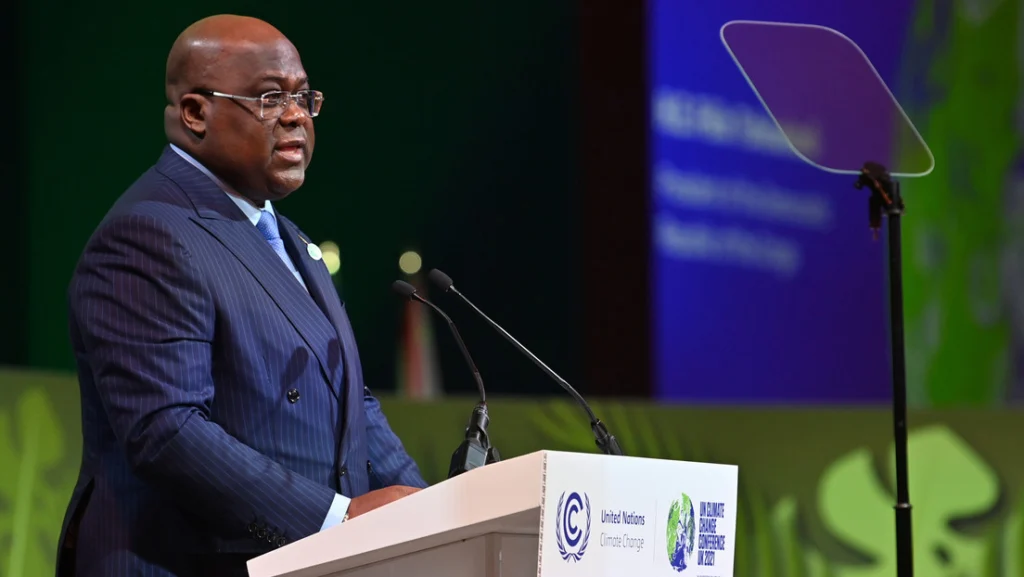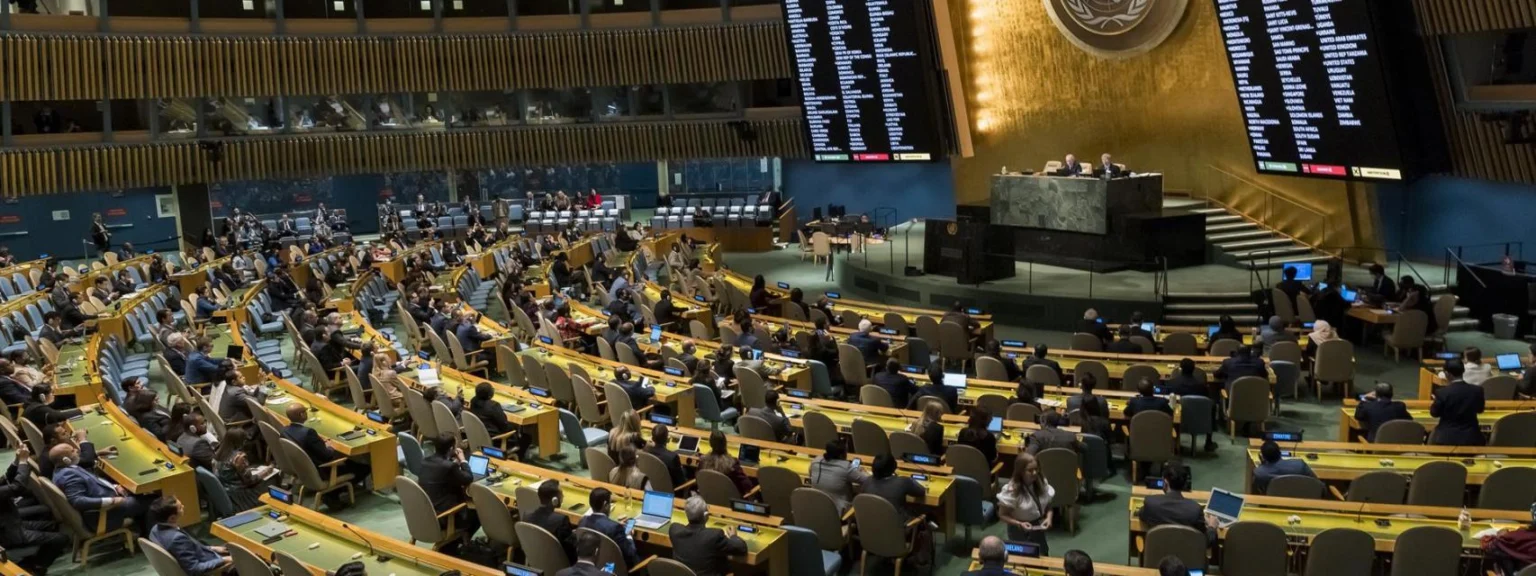The president of the Democratic Republic of Congo (DRC), Félix-Antoine Tshisekedi, pointed out the significance of the world event, marking the 80th anniversary of the UN, “a good moment to reaffirm values such as peace, development and respect for human rights,” said the president.
In an international context marked by growing geopolitical complexity and tensions that seem to be accentuating, one of the initiatives mentioned by the Congolese president is his pointing out how history is perceived and interpreted, not only nationally but also internationally.

By participating in this summit, Tshisekedi positioned the DRC not only as a regional actor, but also as a committed interlocutor on the world stage. With the intention that this approach opens spaces for dialogue on problems that directly affect the country, such as eastern security, where violence continues to affect the population.
Another of the issues that the president pointed out in his speech was the need for an inclusive dialogue on peace and development is more relevant than ever. As such, the issue of access to education, health care and civil rights must be integrated into the international discourse.
For his part, the president of Angola addressed his words in this squad with firmness and hope for a better future.
For his part, the president of South Africa, Cyril Ramaphosa, called on the International Court of Justice (ICJ) to rule for an end to the genocide committed by Israel in the Gaza Strip.
He also welcomed the fact that a growing number of countries are raising their voices for the recognition of the State of Palestine and affirmed that the Palestinian people deserve a state in peace, alongside an Israel in peace.
On the other hand, he pointed out that unilateral trade practices and economic coercion have a harmful result in some countries, such as the blockade of Cuba, which must be lifted.
In this sense, he claimed the need for financing for countries in the global south, as opposed to the debt interest imposed by the IMF.


